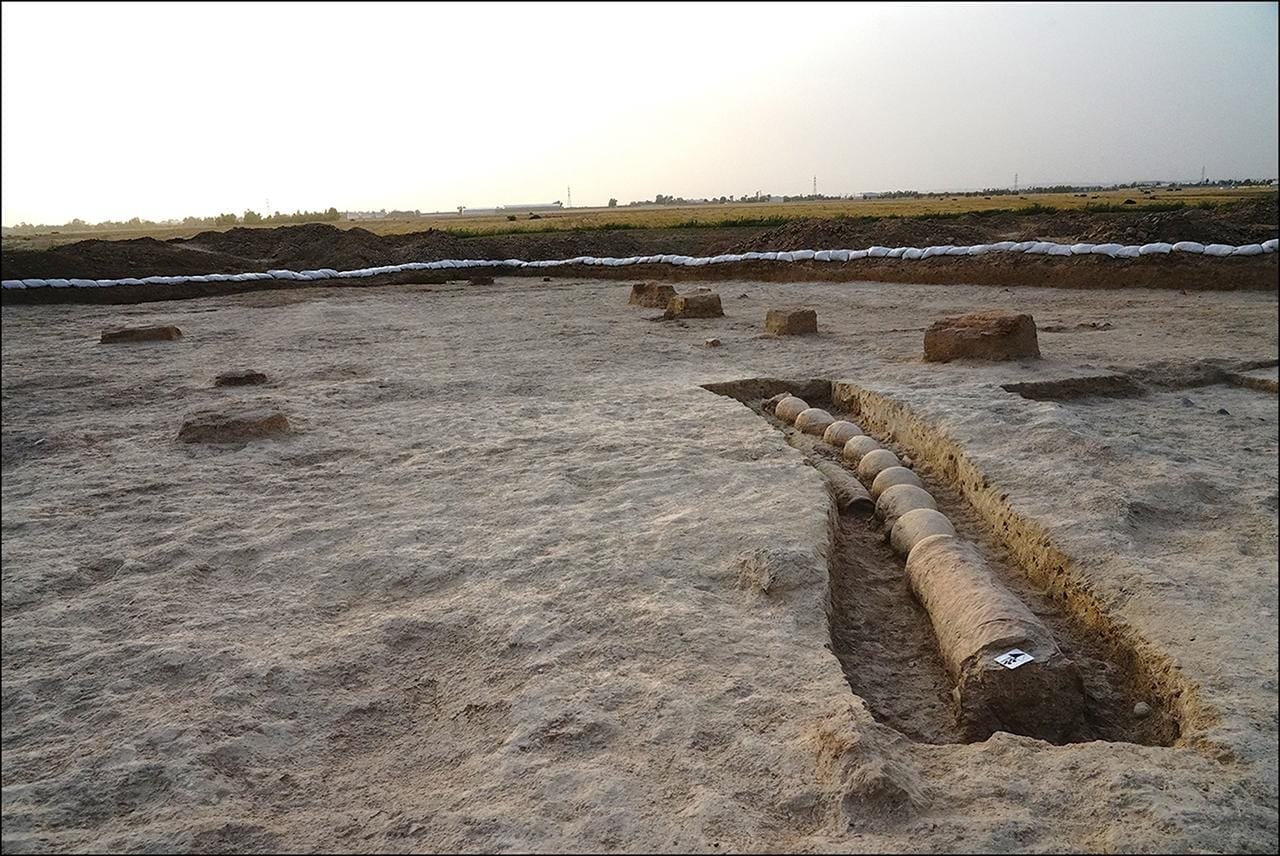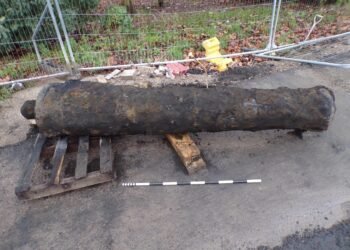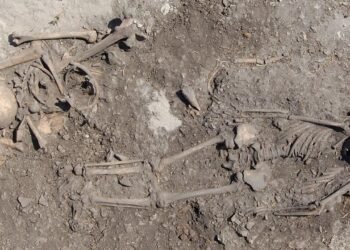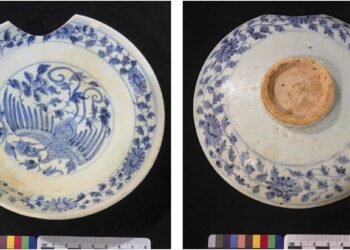At the archaeological site of Shakhi Kora, located in the Kurdistan Region of Iraq, excavations have shed light on the emergence and eventual rejection of some of the world’s earliest centralized governing institutions. Led by Professor Claudia Glatz of the University of Glasgow, the research has uncovered evidence of how ancient societies navigated the complexities of hierarchical power, resource distribution, and cultural integration.

Organic residue analysis confirms that these bowls once contained meat stews, suggesting that institutional households not only organized labor but also managed resource distribution, including herding livestock such as sheep and goats. According to Professor Glatz, this evidence points to early governing institutions deriving their authority from their ability to provide for the community.
The cultural artifacts at Shakhi Kora also highlight a significant transition from local traditions to influences from the ancient city of Uruk in southern Mesopotamia. Known for its monumental architecture and the earliest examples of written texts, Uruk’s cultural elements are evident in the architectural and ceramic styles at Shakhi Kora. This connection underscores how the settlement became integrated into broader networks of trade and cultural exchange during the Uruk period, a transformative phase in Mesopotamian history.
Despite its initial success, the centralized structures at Shakhi Kora were deliberately dismantled and abandoned around the late fourth millennium BCE. Remarkably, there is no evidence of violent conflict or environmental catastrophe leading to this decline. Instead, researchers believe the local community consciously rejected centralized authority, reverting to family-based systems of governance and subsistence farming.
“This reaffirms that top-down, hierarchical forms of government were not inevitable in the development of early complex societies,” Professor Glatz said. “Local communities found ways to resist and reject tendencies towards centralized power.”
The abandonment of centralized authority at Shakhi Kora is particularly significant, as the region did not witness the re-emergence of similar governance structures for another 1,500 years. This finding challenges the traditional narrative that hierarchical governments naturally evolve and persist once established.
The findings at Shakhi Kora offer a nuanced understanding of early governance, illustrating how centralized systems could emerge, thrive, and ultimately be rejected by the very communities they served. These insights not only deepen our knowledge of Mesopotamian history but also provide broader lessons about the dynamics of power and resistance in human societies.























